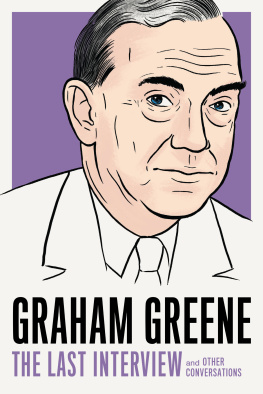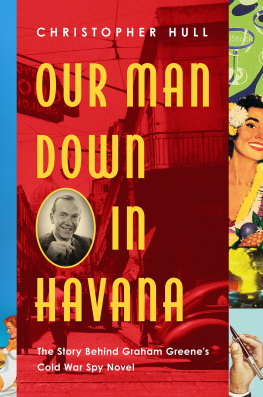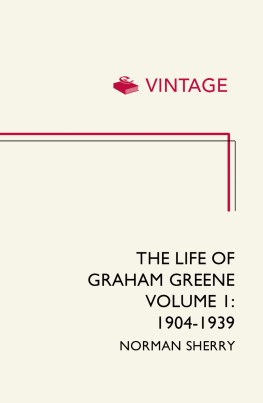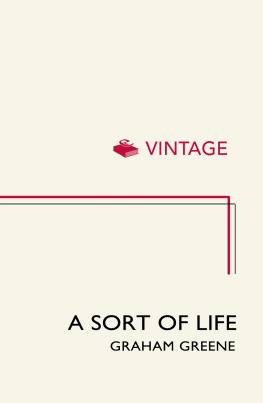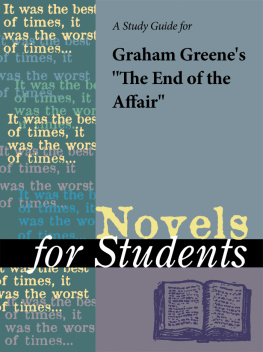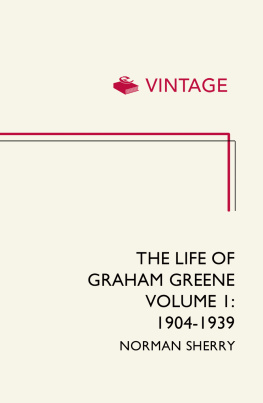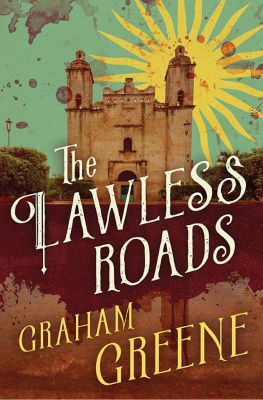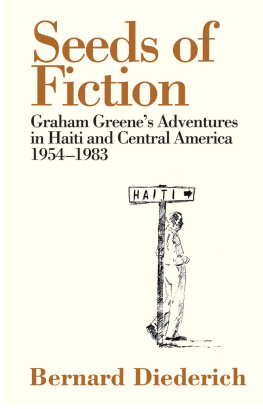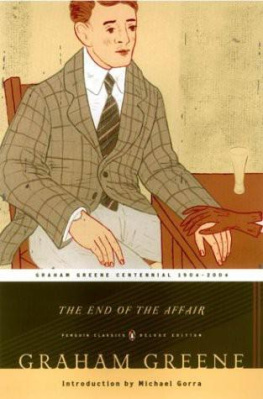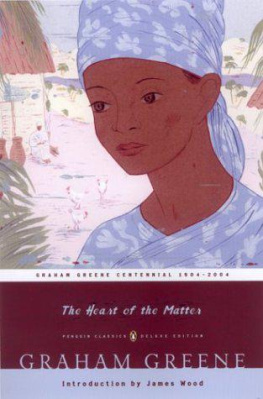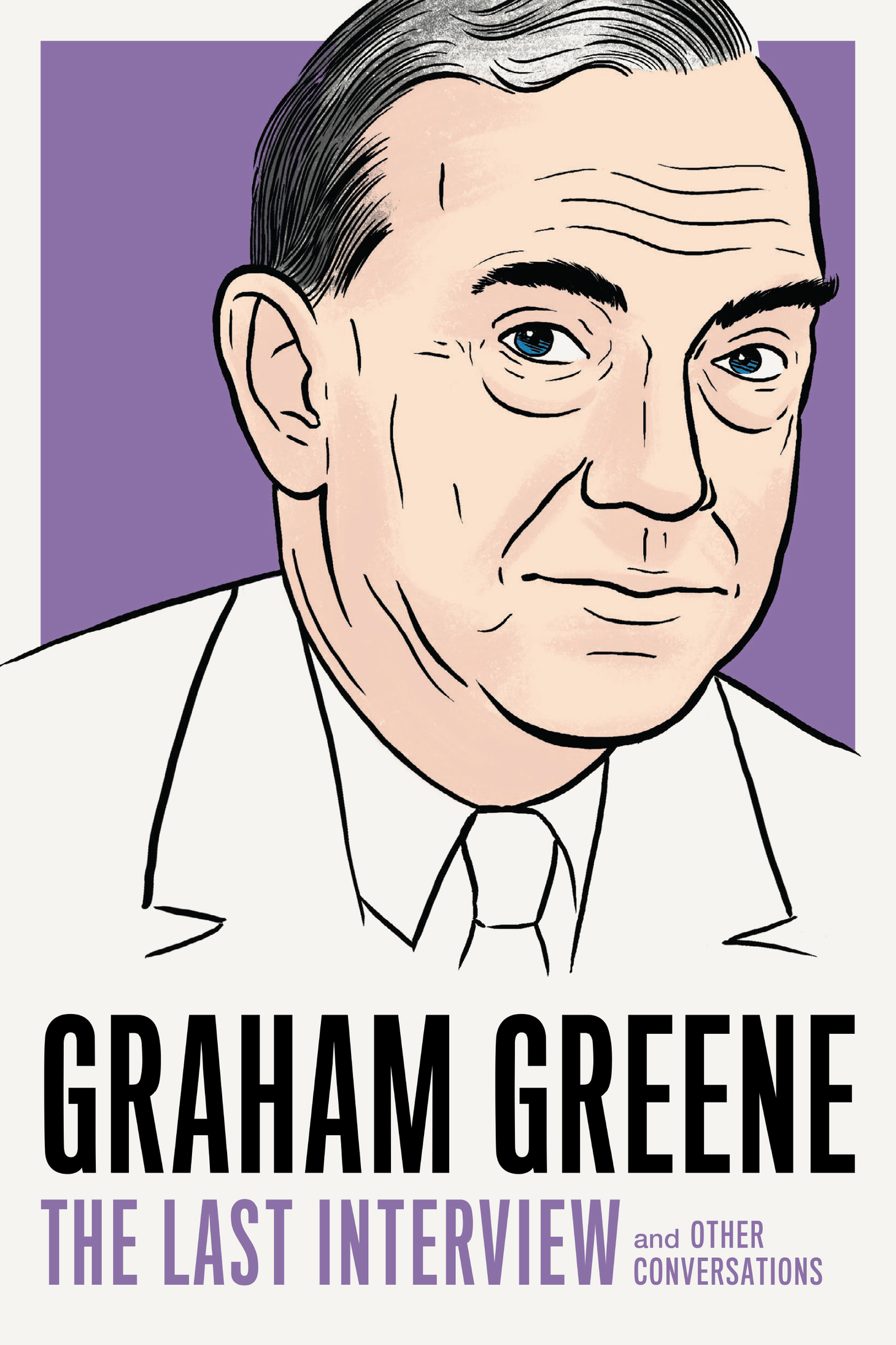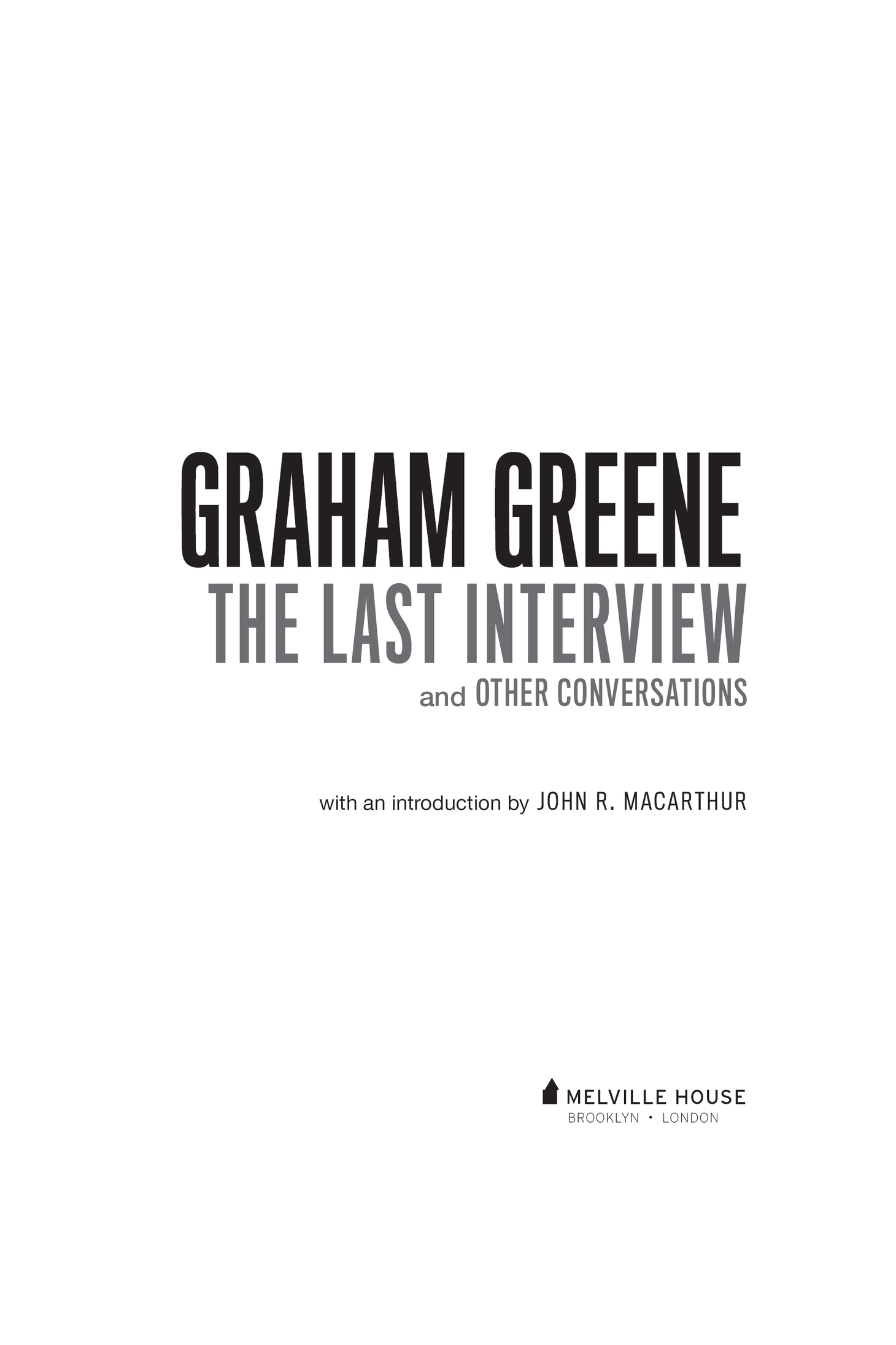Interview with John R. MacArthur,
October 1, 1990
INTRODUCTION
JOHN R. MACARTHUR
The path to what was to be the last interview with Graham Greene began in the very opposite of a typical Greene setting: a suburban high school, during my senior year, in sheltered, temperate, and unromantic Winnetka, Illinois. Steeped as I am in the literary adulation for Graham Greene, the person as well as the celebrated writerbooks by Gloria Emerson, Shirley Hazzard, Yvonne Cloetta, and Pico Iyer (plus Greenes faithful biographer Norman Sherry), among othersIm acutely aware that my initial experience of this virtuoso of conflicting morality and passionate attachment was stolidly, prosaically political. The first Greene novel I ever read was selected by my English teacher, Frank Wallace: The Quiet American, a story of good intentions gone haywire in 1950s Vietnam, and for me, then and now, the last word on Americas destructive hypocrisy in foreign policy. Therefore, I read the book as a political testament with the overlay of a plot; when I presented it to Mr. Wallaces junior English class, I emphasized the policy critique above the literary allusions, the antiwar argument above the romantic ambiguities.
Of course The Quiet American is neither didactic nor anything resembling a political tract. The principal characters and the physical landscapes are as deeply rendered and subtle as they are in Greenes best novels. But in 1973, my seventeen-year-old mind was fixated on the evils of the Vietnam War, which then seemed endless, so my thoughts ran, narrowly, to American foreign policy as interpreted by a famous storyteller who also happened to be quite anti-American. Vietnam was the great issue of the dayeveryone in my world was affected by it, and almost everyone I knew growing up was angrily for it or against itso Greenes puncturing of American innocence abroad mattered more to me than any Catholic philosophizing, romantic tragedy, or symbolism. By the time I read The Quiet American, nearly two decades after its 1955 publication, plenty of other people had figured out that the United States of America wasnt all it was cracked up to bethat its advertised idealism had a nasty underside, especially when it imposed itself beyond its borders. But Greene had very early on seen through American pretentions with uncanny precision and perception, even before the United States. took on the burden of democratizing Vietnam. His novel demolished the notion that American political or military interventionin this case, against communismshould automatically be equated with virtue.
So if at first I may have missed the novelistic genius of Graham Greene, I was immediately struck by his brilliant political analysis. The love triangle Greene creates between Pyle (the dangerously earnest American do-gooder), Fowler (the world-weary British journalist who narrates the novel), and Phuong (the Vietnamese woman whom they both love) reveals cultural and temperamental differences that make for a wonderful story. However, in the character of Pyle, age thirty-two, employed in the Economic Aid Mission, we find the heart of what was wrong with the American character during the Cold War, and what is likely still present today. An unmistakably young and unused face flung at us like a dart, is how Fowler describes this Yankee archetype upon first meeting him. With his gangly legs and his crew-cut and his wide campus gaze he seemed incapable of harm. Described by Greene as modest and polite to a fault, Pyle is hostage to the theories of a writer named York Harding, who imagines a Third Force between Vietminh communism and French colonialism that might save the soul of Vietnam. Fowler disdains Pyles simpleminded solutions, but he nevertheless feels sympathy for the younger man.
Even today, all foreign-service officers and CIA agents should be required to read The Quiet American. Consider these two sentences from Fowlers narrative: Innocence always calls mutely for protection when we would be so much wiser to guard ourselves against it: innocence is like a dumb leper who has lost his bell, wandering the world, meaning no harm. Had the best and the brightest of the 1950s and 60s heeded Greenes cautionary tale, we might have been spared the deaths of some fifty-eight thousand Americans, and we wouldnt have the corpses of more than a million Vietnamese on our national conscience. By the time Pyles body turns up in a canal, murdered by unknown assailants, he had been responsible for at least fifty deaths through his undercover work promoting democracy for what surely is the CIA. Grieved to report your son died a soldiers death in cause of Democracy, writes the US economic attach to Pyles father. Grievous, indeed, that Greenes novel was ignored at the highest policy levels in Washington.
It would take many more years for me to fully appreciate the depth and scope of Graham Greenes talent for plumbing the darker regions of human emotion. To this day, I recommend him as a treatment for broken hearts and broken spirits, medication for the morally compromised, smelling salts for the suicidal. Of his conversion to Catholicismhe has often been called a Catholic novelistI can only wonder at the cold comfort his writing may offer to the most beleaguered souls of the true church. Greene didnt go in for happy endings or easy redemptions, as we know from the fates of the whiskey priest in The Power and the Glory and Henry Scobie in The Heart of the Matter.

